Is it time for Doctor Who to retire?
'Viewer apathy' could prove the ultimate foe for the Time Lord, amid lukewarm reviews and falling ratings
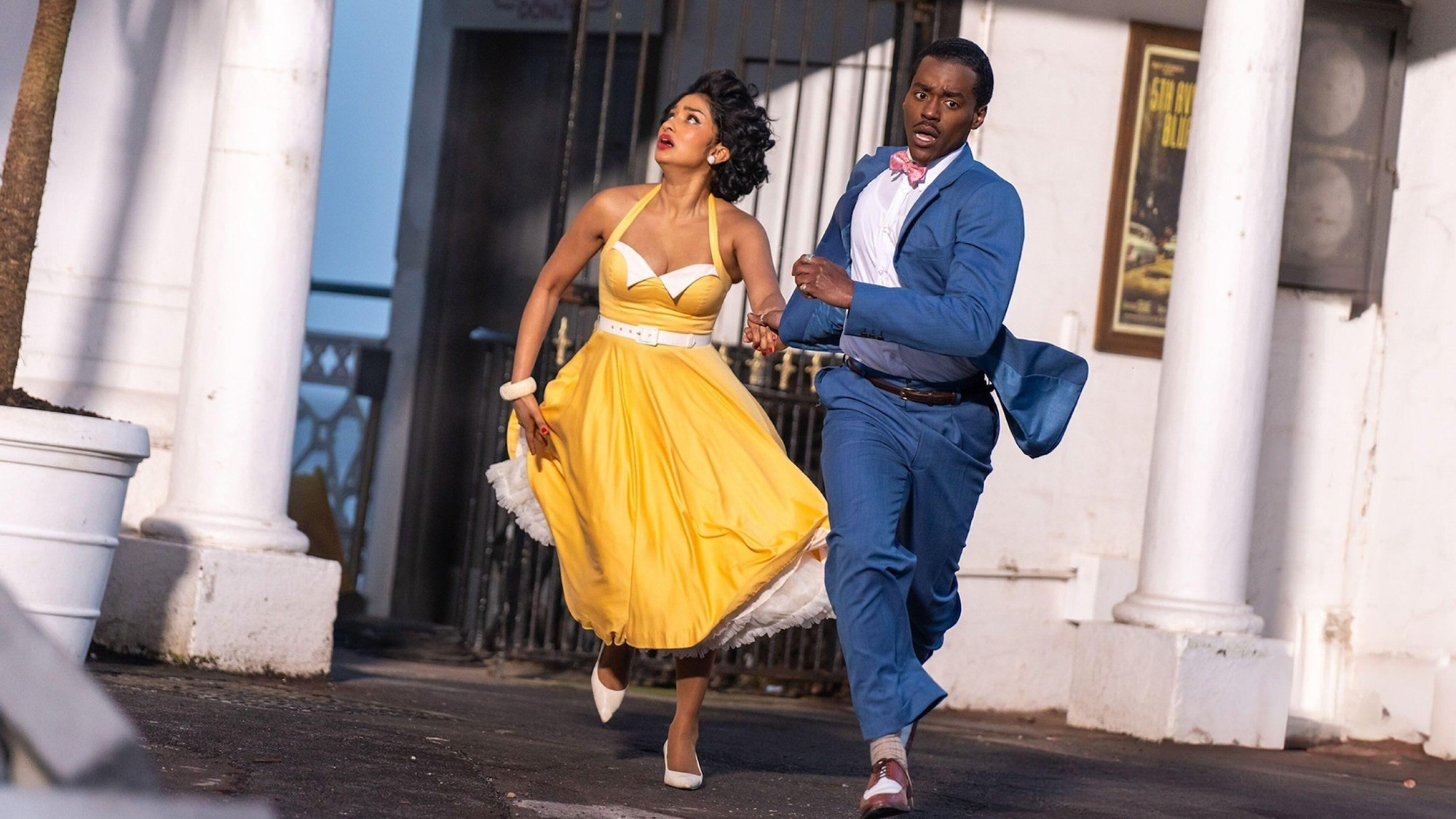
A free daily email with the biggest news stories of the day – and the best features from TheWeek.com
You are now subscribed
Your newsletter sign-up was successful
Record-low audiences have put the future of the longest-running sci-fi show in the world in doubt. The eponymous hero of "Doctor Who" may have vanquished diabolical enemies like the Daleks "all through time and space", said Martin Belam in The Guardian, but he's now "facing" his "greatest threat: viewer apathy".
Tea-time chills
Since Russell T. Davies returned as the series showrunner in 2023, "Doctor Who" has developed an "ultimately damaging obsession with chasing a family audience", said Ed Power in The Independent.
Davies seems "determined" to turn the Doctor into a "glorified children's entertainer", costing the show its "ability" to "conjure a chill at tea time". The "smartest thing" that Davies could do is to "rewind to a previous era" and focus on what made "Doctor Who" work in the first place: "make it scary again".
The Week
Escape your echo chamber. Get the facts behind the news, plus analysis from multiple perspectives.

Sign up for The Week's Free Newsletters
From our morning news briefing to a weekly Good News Newsletter, get the best of The Week delivered directly to your inbox.
From our morning news briefing to a weekly Good News Newsletter, get the best of The Week delivered directly to your inbox.
During its original run, the show was the "cleverest, funniest and scariest prime-time drama on a budget soap operas would pity", said Myke Bartlett in The Critic. What the modern incarnation, with its Disney "mouse dollars", overlooks is that "what we don't see can scare us more". It needs to return to a spirit of creativity and embrace "suspense and smarts over spectacle".
"Doctor Who" also needs to pull back from the wider "tendency for pop culture to lecture its audience". The series "has traditionally held a mirror up to society", but in recent years its subtext has become "main text", "often directed bluntly at a diminishing audience". Good television doesn't have to be a "manifesto": we can "tolerate programming that dares us to pay attention", instead of assuming we "need instruction". Now more than ever, "maybe we could all do with some high-quality escapism".
Cash cow
No "formal decision" about the show's future will be made until after the current season has finished airing, said Radio Times. But Davies has already told Parade that he can "promise" fans "amazing stuff" further down the line, with plans that will "bear fruit a long time into the future".
Rumours of the franchise's demise have been exaggerated, "Doctor Who" historian and long-time fan David Howe told Metro. When the show was cancelled in 1989, it was not the "massive, massive brand" that it is today. Even if TV bosses are "looking to save some money", he said, "Doctor Who" wouldn't "even register" in their conversations now because it's "bringing in" so much cash. "Of course, you're going to make it – it's making a fortune for you."
A free daily email with the biggest news stories of the day – and the best features from TheWeek.com
It's "frustrating to hear so much talk" about the show's future "when its present" on Disney+ is "so much fun", said Tom Beasley on Yahoo Entertainment. While "all of this outside noise" about potential cancellations is "chuntering away in the background", "Doctor Who" is "quietly delivering one of its best and most surprising series" to date.
Leave the "obsession" around viewing figures to "suit-wearing boardroom-dwellers": all fans should "care about" is whether they're getting the "best possible" science fiction "silliness".
Chas Newkey-Burden has been part of The Week Digital team for more than a decade and a journalist for 25 years, starting out on the irreverent football weekly 90 Minutes, before moving to lifestyle magazines Loaded and Attitude. He was a columnist for The Big Issue and landed a world exclusive with David Beckham that became the weekly magazine’s bestselling issue. He now writes regularly for The Guardian, The Telegraph, The Independent, Metro, FourFourTwo and the i new site. He is also the author of a number of non-fiction books.
-
 Local elections 2026: where are they and who is expected to win?
Local elections 2026: where are they and who is expected to win?The Explainer Labour is braced for heavy losses and U-turn on postponing some council elections hasn’t helped the party’s prospects
-
 6 of the world’s most accessible destinations
6 of the world’s most accessible destinationsThe Week Recommends Experience all of Berlin, Singapore and Sydney
-
 How the FCC’s ‘equal time’ rule works
How the FCC’s ‘equal time’ rule worksIn the Spotlight The law is at the heart of the Colbert-CBS conflict
-
 The 8 best TV shows of the 1960s
The 8 best TV shows of the 1960sThe Week Recommends The standout shows of this decade take viewers from outer space to the Wild West
-
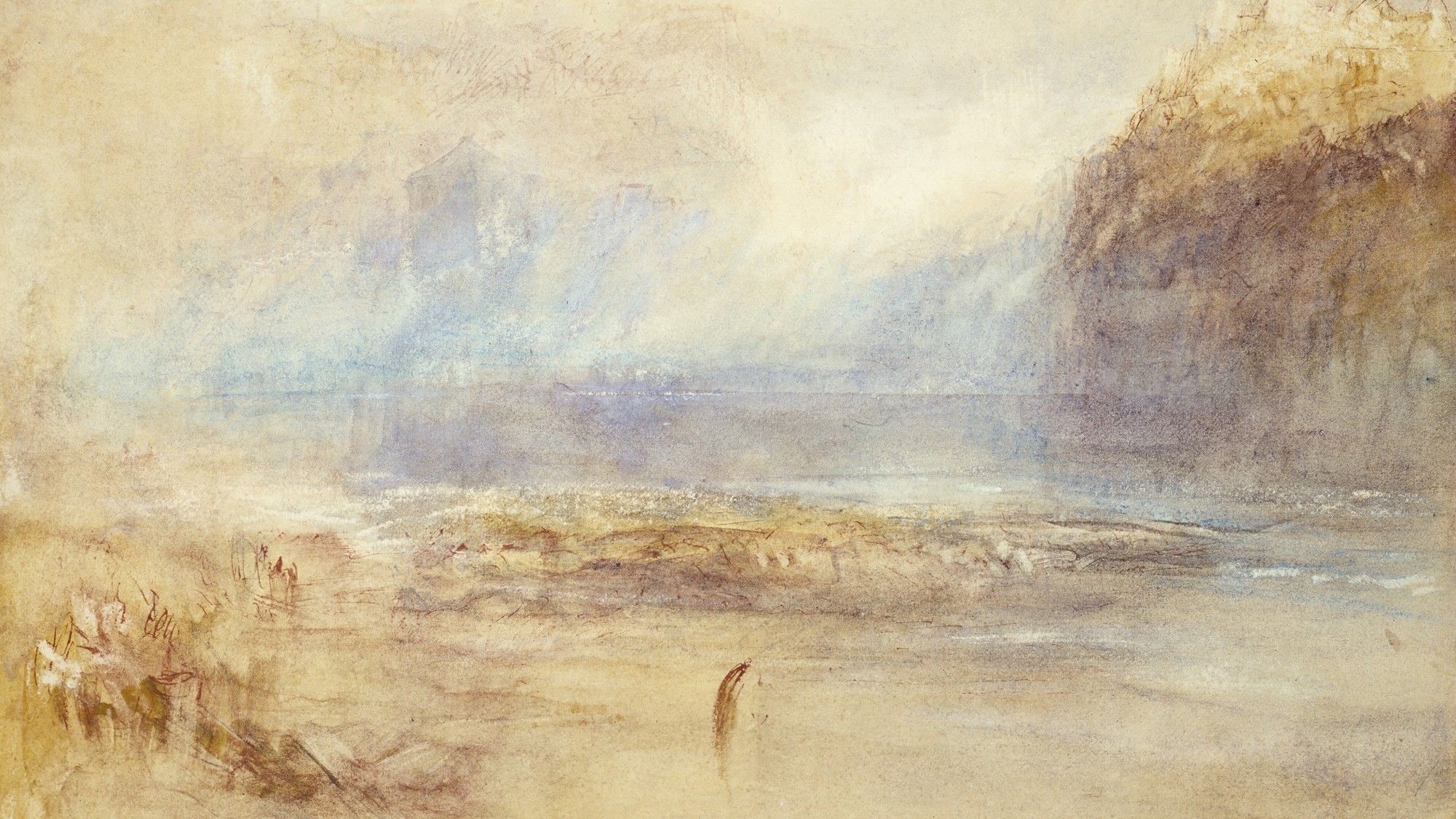 Turner: The Secret Sketchbooks – a fascinating portrait of the great painter
Turner: The Secret Sketchbooks – a fascinating portrait of the great painterThe Week Recommends BBC2 documentary examines the rarely seen sketchbooks of the enigmatic artist
-
 Dianarama examines the ‘extraordinary scale’ of Martin Bashir’s lies
Dianarama examines the ‘extraordinary scale’ of Martin Bashir’s liesThe Week Recommends Andy Webb’s book is packed with ‘astonishing’ allegations surrounding Princess Diana’s 1995 Panorama interview
-
 Eurovision faces its Waterloo over Israel boycotts
Eurovision faces its Waterloo over Israel boycottsTalking Point Five major broadcasters have threatened to pull out of next year’s contest over Israel’s participation
-
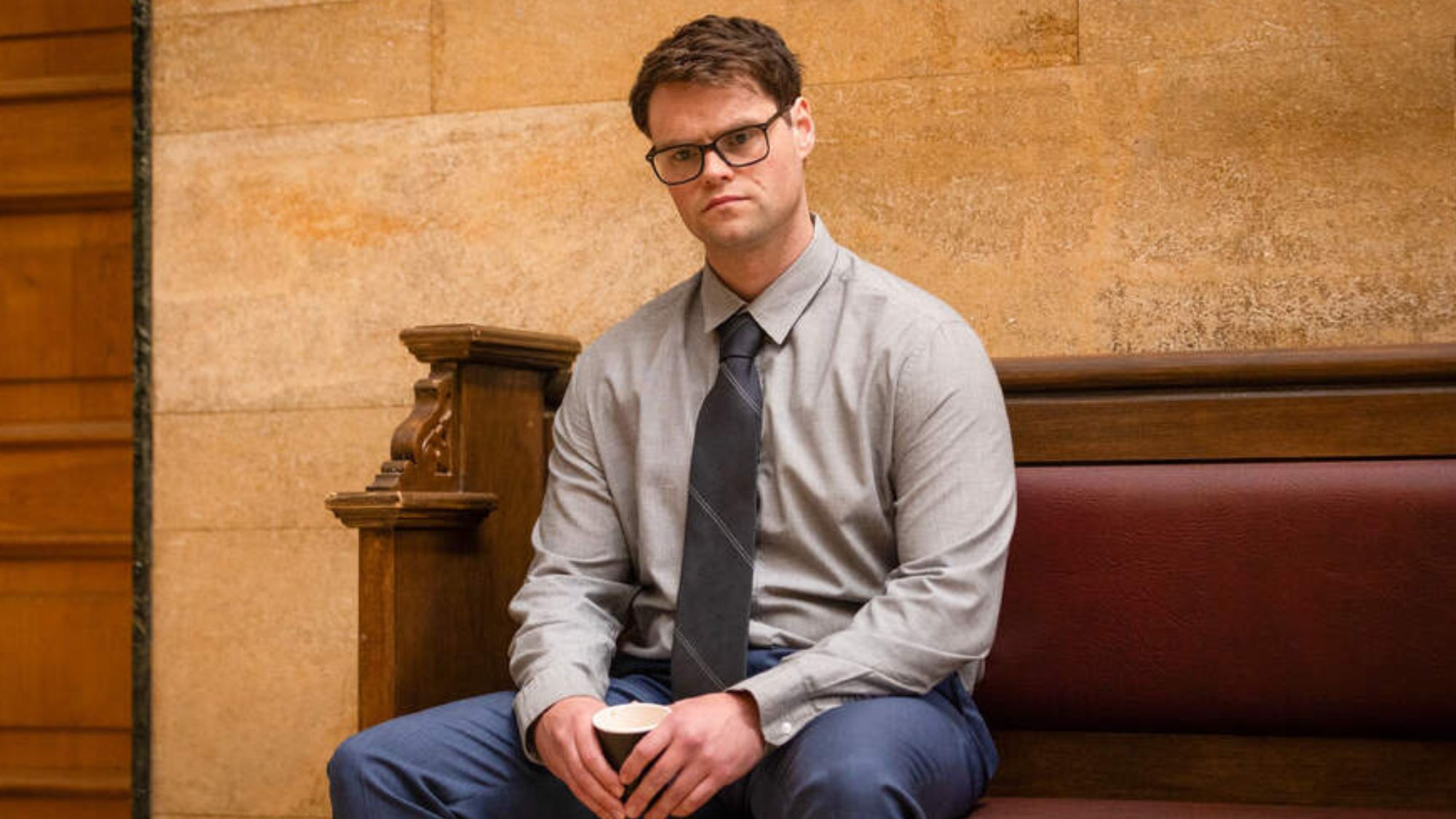 Unforgivable: harrowing drama about abuse and rehabilitation
Unforgivable: harrowing drama about abuse and rehabilitationThe Week Recommends 'Catastrophic impact' of abuse is explored in 'thought-provoking' series
-
 How to go on your own Race Across the World
How to go on your own Race Across the WorldThe Week Recommends The BBC hit show is inspiring fans to choose low-budget adventures
-
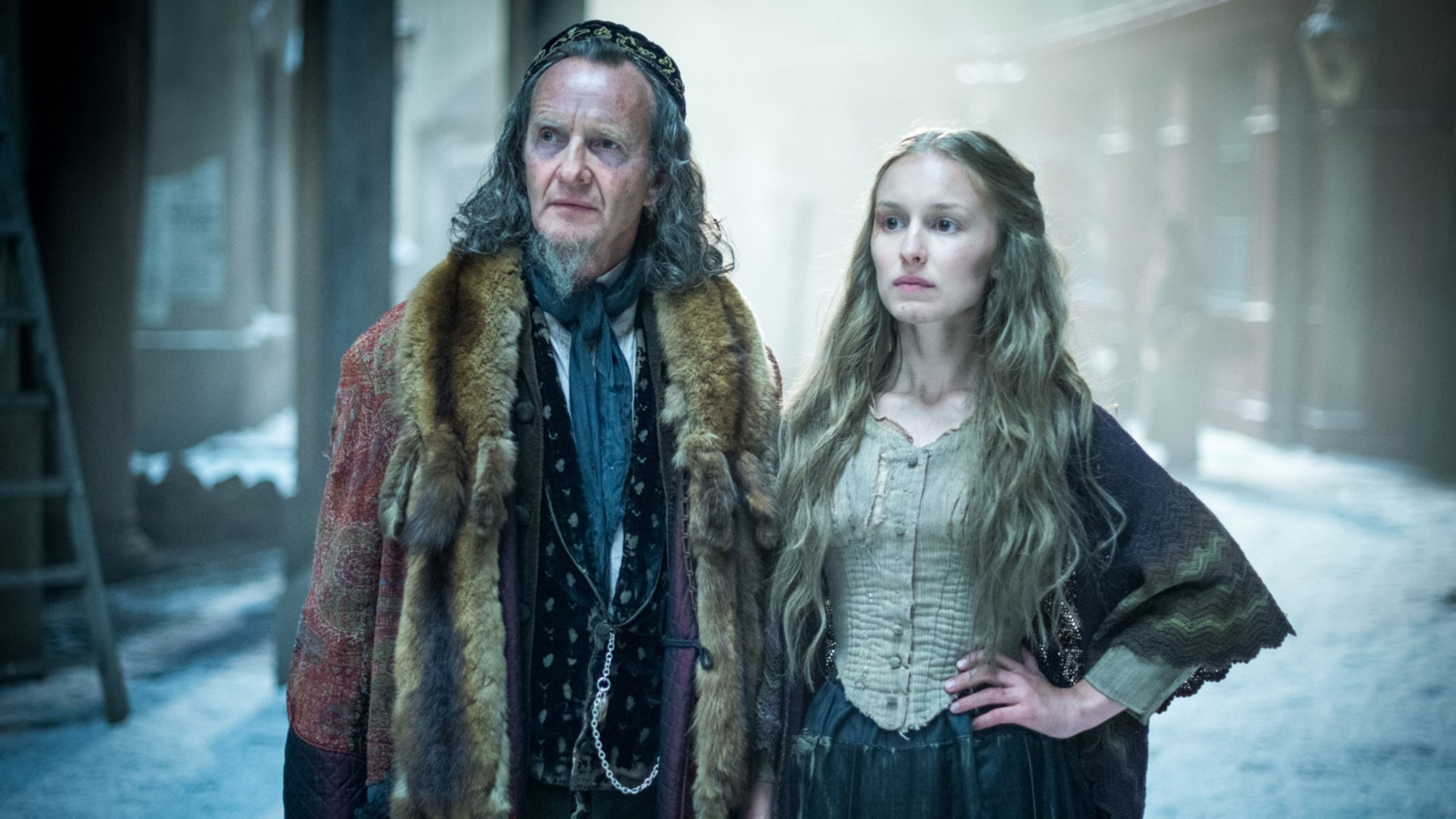 The top period dramas to stream now
The top period dramas to stream nowThe Week Recommends Heaving bosoms and billowing shirts are standard fare in these historical TV classics
-
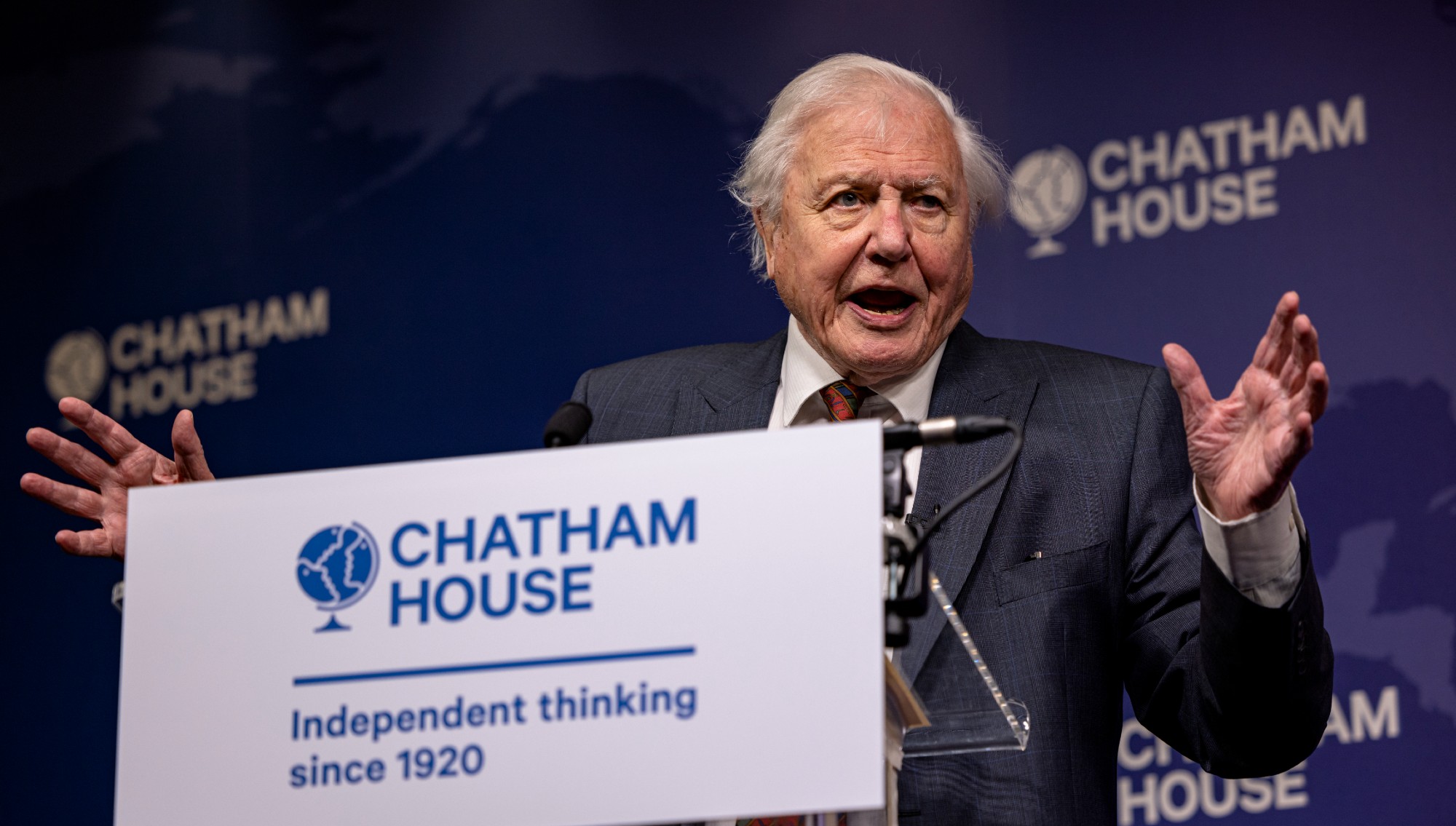 David Attenborough at 99: a 'radical' voice for climate action
David Attenborough at 99: a 'radical' voice for climate actionIn The Spotlight In his new film 'Ocean', TV's best-known naturalist delivers his strongest message yet